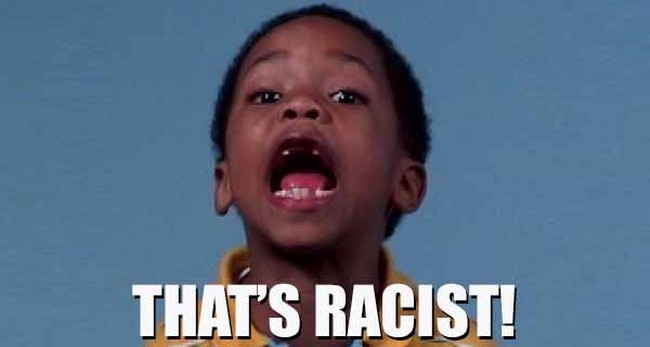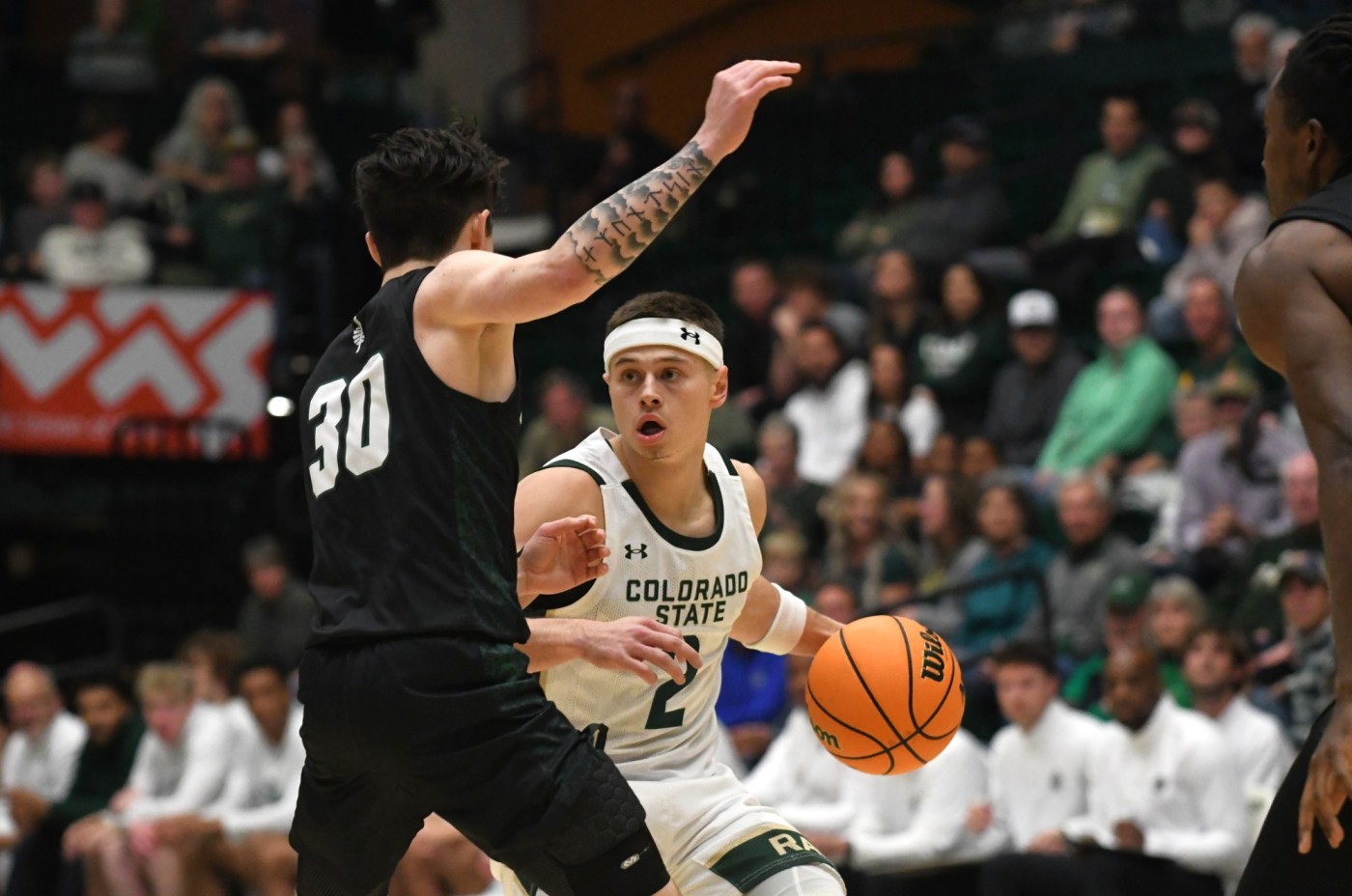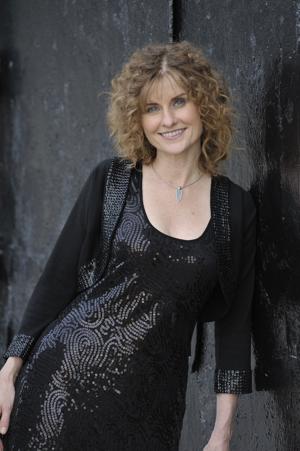Minneapolis Rally Highlights Growing Divide Over Immigration Policy

A political rally in Minneapolis on March 15, 2025, has sparked significant debate over issues of immigration and local governance. The event, held in support of Omar Fateh, a candidate for mayor, drew attention not only for its political implications but also for the cultural dynamics it showcased. The rally featured speeches in Somali and Arabic, reflecting the strong ties Fateh has with the Somali community in the city.
Omar Fateh, born to Somali immigrants, has garnered substantial support among voters, particularly within the Somali community. He stands as a candidate for the Democratic Socialists of America, advocating for policies that include a minimum wage increase to $20, rent freezes, and the abolition of cooperation with U.S. Immigration and Customs Enforcement. His platform has resonated with a segment of the electorate seeking systemic change.
At the rally, Fateh emphasized his commitment to the interests of the Somali community, stating, “The U.S. government will do what we want, nothing else. They must follow our orders.” This statement was met with mixed reactions, with critics arguing that such sentiments could undermine broader national interests.
Political Context and Reactions
Critics of Fateh’s campaign, including some local commentators, expressed concern over the implications of his platform. They argue that his proposals, which include a call for “sanctuary” policies for various social issues and significant tax hikes on the middle class, reflect an ideological shift that could change the fabric of Minneapolis. Some observers noted that the rally felt more like an “imported ideological spectacle” than a traditional political gathering, highlighting the growing divide over immigration and assimilation in the U.S.
Local reactions have been polarized. Supporters lauded the rally as a celebration of diversity and representation, while detractors questioned the long-term implications of prioritizing one community’s interests over others. The rally, devoid of English signage and American flags, was described by some as indicative of a city undergoing profound transformation.
Impacts on Local Governance
As the campaign unfolds, the implications of Fateh’s candidacy extend beyond local politics. His backing from prominent organizations, including the DSA and the Sunrise Movement, signals a broader national trend towards progressive policies in urban centers. This aligns with a growing movement advocating for substantial reforms in how cities approach housing, healthcare, and immigration issues.
Fateh’s candidacy, alongside figures such as Ilhan Omar, raises questions about the future of governance in Minneapolis and similar cities across the U.S. The political landscape appears increasingly complex, as voters grapple with the challenges of integrating diverse communities while addressing the concerns of long-standing residents.
The discussions stemming from this rally reflect a nation at a crossroads, where age-old ideals of a melting pot are colliding with the realities of a salad bowl society. As the election approaches, Minneapolis may serve as a bellwether for how these dynamics will influence local and national politics in the years to come.






